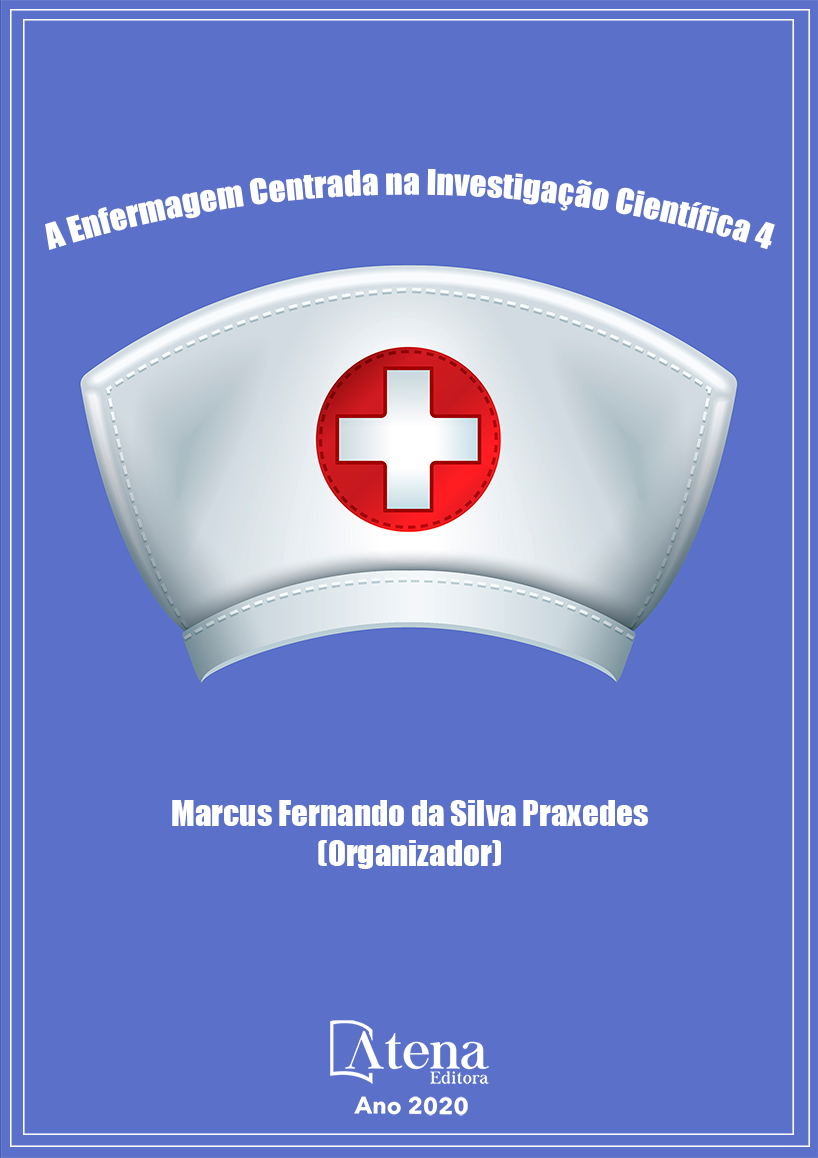
IMPLEMENTAÇÃO DA METODOLOGIA DE CUIDADO HUMANITUDE NAS INSTITUIÇÕES EM PORTUGAL: FATORES DIFICULTADORES E ESTRATÉGIAS DESENVOLVIDAS
A implementação das mudanças nos cuidados gera resistência devido a práticas rotinizadas, sendo necessário o desenvolvimento de estratégias adequadas, tendo por base a evidência científica, para que a mudança se consolide e se verifiquem ganhos em saúde. Objetivo: identificar os fatores dificultadores na implementação da Metodologia de Cuidado Humanitude (MCH) nas instituições e as estratégias desenvolvidas para superar essas dificuldades. Método: estudo exploratório, descritivo com abordagem qualitativa, realizado em 7 instituições em Portugal que cuidam de pessoas idosas, onde foi iniciado o processo de implementação da MCH. Foram também incluídos 6 formadores do Instituto Gineste-Marescotti de Portugal. Os dados foram colhidos através de entrevista semiestruturada e analisados seguindo as fases de análise de conteúdo (Bardin, 2016). Resultados: as principais dificuldades identificadas estão relacionadas com os profissionais, instituição, défice no acompanhamento/monitorização durante a implementação, familiares e cuidadores informais e pessoa cuidada. As estratégias desenvolvidas foram: sensibilização, disseminação, consolidação, certificação, envolvimento/empenhamento dos líderes, processo de integração dos novos profissionais, integração dos cuidadores informais nos cuidados e investigação. Conclusão: no processo de implementação da MCH foram identificadas várias dificuldades, no entanto com o envolvimento dos líderes das instituições e de toda a equipe interdisciplinar, foi possível a identificação de estratégias promotoras da consolidação das boas práticas em Humanitude.
IMPLEMENTAÇÃO DA METODOLOGIA DE CUIDADO HUMANITUDE NAS INSTITUIÇÕES EM PORTUGAL: FATORES DIFICULTADORES E ESTRATÉGIAS DESENVOLVIDAS
-
DOI: 10.22533/at.ed.0052024078
-
Palavras-chave: metodologia de cuidado humanitude; implementação da mudança; dificuldades; estratégias facilitadoras da mudança
-
Keywords: humanitude care methodology; implementation of change; difficulties; strategies that facilitate change
-
Abstract:
The implementation of changes in care generates resistance due to routine practices, requiring the development of appropriate strategies, based on scientific evidence, so that the change is consolidated and health gains are verified. Objective: to identify the factors that hamper the implementation of the Humanitude Care Methodology (HCM) in institutions and the strategies developed to overcome these difficulties. Method: exploratory, descriptive study with a qualitative approach, carried out in 7 institutions in Portugal which care for elderly people, where the process of implementing the HCM was initiated. Six trainers from the Gineste-Marescotti Institute of Portugal were also included. Data were collected through semi-structured interviews and analyzed according to the content analysis phases (Bardin, 2016). Results: the main difficulties identified are related to professionals, institution, deficit in the accompaniment / monitoring during the implementation, family members and informal caregivers and the person cared for. The strategies developed were: awareness, dissemination, consolidation, certification, involvement/commitment of leaders, integration process for new professionals, integration of informal caregivers in care and research. Conclusion: in the process of implementing the MCH several difficulties were identified, however, with the involvement of the leaders of the institutions and the entire interdisciplinary team, it was possible to identify strategies that promote the consolidation of good practices in Humanitude.
-
Número de páginas: 15
- Liliana Vanessa Lúcio Henriques
- Rosa Cândida Carvalho Pereira Melo


